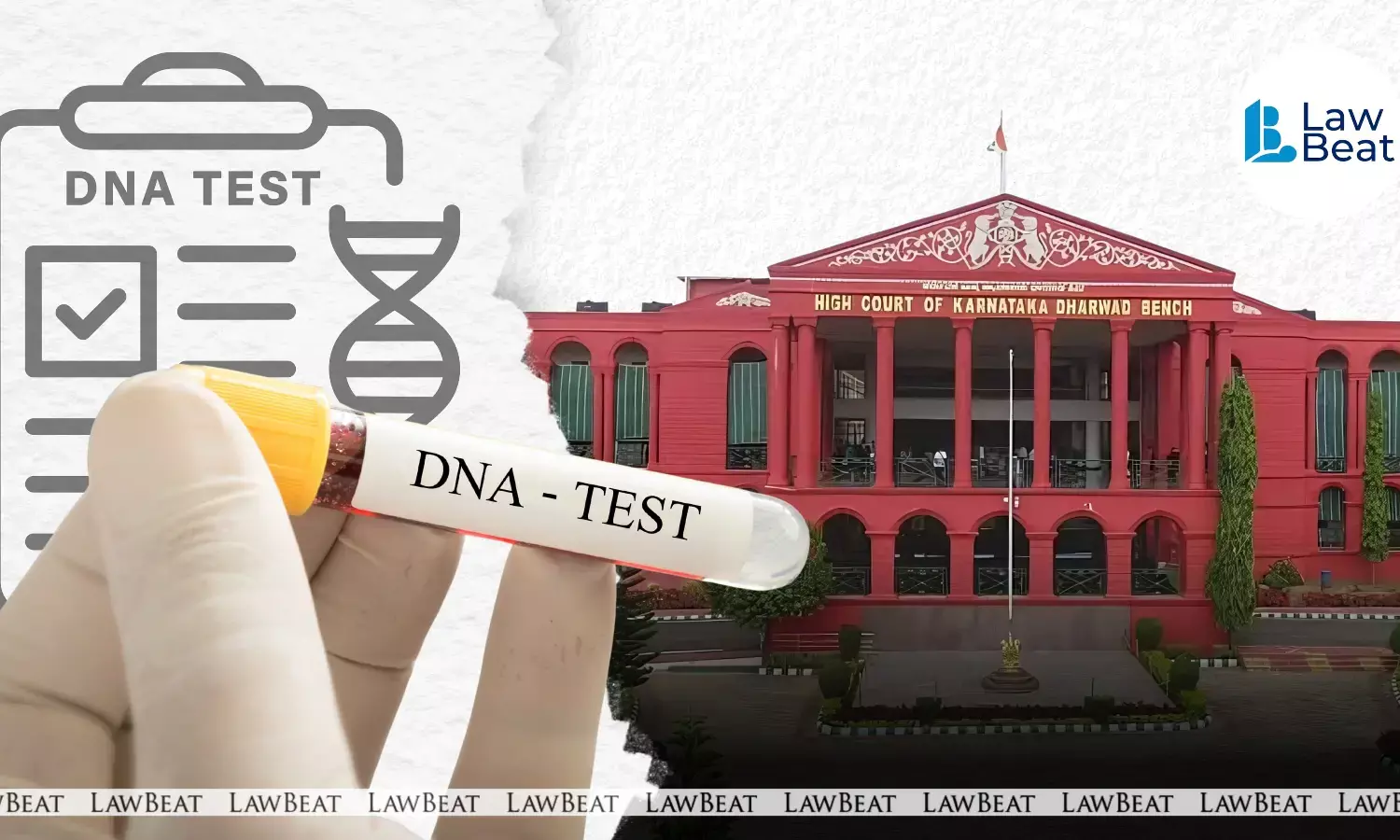DNA Match Alone Not Enough for Rape Conviction: Karnataka HC Upholds Acquittal in POCSO Case

The Karnataka High Court recently dismissed a State appeal against the acquittal of a man accused of raping a 17-year-old girl, holding that a DNA report establishing paternity is insufficient on its own to secure a conviction under the POCSO Act in the absence of corroborative evidence.
Noting that "the victim herself had firmly stated that the accused did not have any sexual intercourse with her and she was not aware who the father of her child was", a division bench of Justices R. Nataraj and Rajesh Rai K opined, "in such circumstance, the DNA report cannot be solely relied to convict the accused".
The State had challenged a 2021 verdict of acquittal passed by the Additional District and Sessions Judge, Fast Track Special Court (POCSO), Karwar, in the 2016 case.
According to the prosecution, the accused, a resident of Belagavi, came to Kibballi village in Uttara Kannada for labour work and developed a relationship with the minor victim. On the night of January 15, 2015, he allegedly engaged in sexual intercourse with her in a forested area on the pretext of marriage. The relationship continued and the girl became pregnant, ultimately giving birth to a child. A complaint was lodged a year later on January 29, 2016.
Following investigation, police charged the accused under Section 376(2) IPC and Sections 4 and 6 of the POCSO Act. During the trial, however, the victim, her father, grandmother, and other relatives turned hostile, denying any sexual act and even stating that they did not know who fathered the child. The prosecution relied on DNA evidence, which showed the accused to be the biological father.
The trial court acquitted the accused, holding that the sole reliance on DNA evidence was inadequate without the support of consistent witness testimony. The State appealed, arguing that the DNA report conclusively established the offence.
The high court, however, upheld the acquittal, emphasizing that while DNA profiling is a powerful tool, it is not infallible and must be tested alongside other evidence.
Citing several precedents, including Manoj v. State of M.P. and Pattu Rajan v. State of T.N., the Court reiterated that DNA reports, though admissible expert opinions under Section 45 of the Indian Evidence Act, cannot be the sole basis of conviction. It added that scientific reports work on probabilities and not certainties, and that their evidentiary value depends on corroboration and the circumstances of the case.
"As per the survey and study of National Forensic Science Laboratory (NFSL) in India and as per the report of International Journal of Indian Science and Research (E-ISSN 2584-0924) published in JLFJ Volume:1, Issue:1, July 2022, the legal stands on DNA profiling considered, STR (short Tandem Repeat) testing is highly reliable method for human identification in Forensic Science and it is not strictly 100% accurate in India or globally," court emphasised.
The bench also stressed that in an appeal against acquittal, interference is not warranted unless the trial court’s view is perverse or wholly unreasonable. Since the Sessions Judge had taken a plausible view and the testimony of key witnesses contradicted the prosecution's case, no ground was made out for reversing the acquittal.
“Except the DNA report, absolutely no other corroborative piece of evidence is available on record to connect the accused with the alleged offence,” the court concluded.
Accordingly, the appeal was dismissed.
Case Title: State of Karnataka vs Sri Nagesh
Judgment Date: July 10, 2025
Bench: Justices R. Nataraj and Rajesh Rai K
